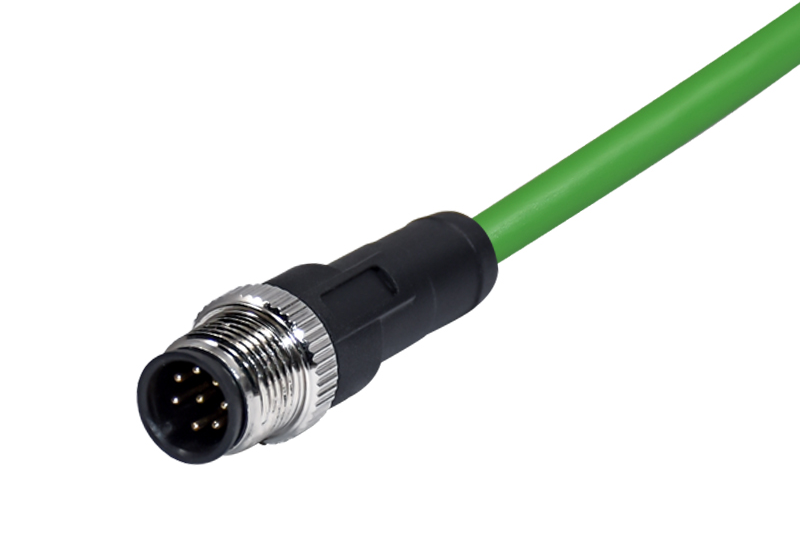Automobilska industrija prolazi kroz značajnu transformaciju, s napretkom tehnologije koji dovodi do razvoja sve sofisticiranijih vozila. Jedna od ključnih komponenti koja pokreće ovu transformaciju su konektori.
Konektori u automobilskoj industriji koriste se za povezivanje različitih elektroničkih sustava, kao što su infotainment sustavi, navigacijski sustavi i napredni sustavi pomoći vozaču (ADAS). Oni olakšavaju prijenos podataka i energije između tih sustava, omogućujući im učinkovito funkcioniranje.
Jedan od ključnih trendova u automobilskoj industriji je pomak prema električnim vozilima (EV). Ova promjena dovela je do povećanja potražnje za konektorima velike snage, koji se koriste za povezivanje različitih komponenti pogonskog sklopa EV-a.
Drugi trend je sve veća upotreba naprednih sustava za pomoć vozaču (ADAS) u vozilima. Ovi se sustavi za rad oslanjaju na mnoštvo senzora i kamera, a svi zahtijevaju pouzdane i brze veze. Kako bi se zadovoljio ovaj zahtjev, konektori su dizajnirani da podržavaju brzi prijenos podataka i robusnu mehaničku čvrstoću.
Budućnost automobilske industrije izgleda obećavajuće, s priključcima koji će igrati ključnu ulogu u razvoju vozila sljedeće generacije. Kako nastavljamo pomicati granice mogućeg, konektori će i dalje biti ključna komponenta u automobilskoj industriji.

 EN
EN
 AR
AR
 BG
BG
 HR
HR
 CS
CS
 DA
DA
 NL
NL
 FI
FI
 FR
FR
 DE
DE
 EL
EL
 HI
HI
 IT
IT
 JA
JA
 KO
KO
 NE
NE
 PL
PL
 PT
PT
 RO
RO
 RU
RU
 ES
ES
 SV
SV
 TL
TL
 IW
IW
 ID
ID
 SR
SR
 SK
SK
 SL
SL
 UK
UK
 VI
VI
 ET
ET
 HU
HU
 TH
TH
 TR
TR
 FA
FA
 AF
AF
 GA
GA
 UR
UR
 PA
PA
 SI
SI

